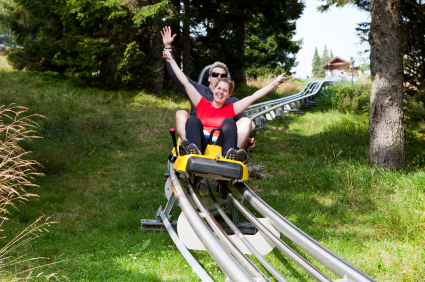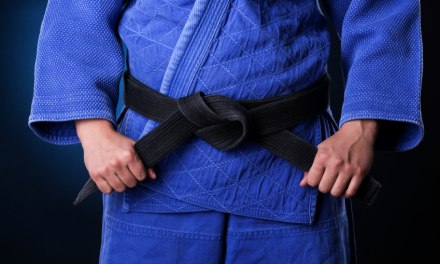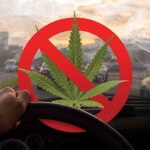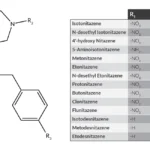Someone on the Internet is promising that recovery from addictions will be easy?
Naturally, it’s on TikTok.
Here’s the first-person account, from a newcomer struggling with sobriety.
I stopped drinking three months ago – it’s not as simple as the internet makes it look
Who knew? Actually, a vast number of people who’ve been through it themselves, or alongside a loved one.
Besides, when is anything you see online ever as easy as they make it look?
The writer’s complaint is common among those who attempt recovery on their own, rather than through treatment or involvement with a support group. They’re information-poor. Lacking in essential basic knowledge of what’s about to happen.
The education one receives in treatment is intended not just to supply better quality knowledge, but to identify and hopefully replace all that bad information that has accumulated over decades of living in a society that doesn’t understand how addiction works, or why some people fall victim to it.
It requires a degree of what we sometimes call ‘unteaching’.
It’s important to uncover and challenge misconceptions, in order to make room for good information. I think of it as cleaning the junk out of the brain’s ‘attic’, in preparation for a thorough renovation.
And face it: If recovery really was all that easy, then more people would be in recovery, instead of still caught up in addiction.
The reality is, there are significant barriers to overcome in early recovery. One is that pesky internal debate over whether or not one is really, truly, addicted. The author illustrates this perfectly:
“I don’t think I had an addiction to alcohol, but when I drank I often made really bad decisions, the kind that jeopardized my safety.”
In practical terms, the second part of that sentence eliminates the need for the first. If your drinking has already brought you to the point of worrying about your own personal safety – as in, whether you might die or be seriously injured, due to high-risk, potentially dangerous decisions you make while under the influence– then, that’s all the qualification you need. Take our word for it: you qualify. For counseling, treatment, support, whatever.
“There’s an AA meeting near my house tonight, but I don’t think I qualify,” the writer worries. But as “the only requirement for A.A. membership is a desire to stop drinking” – which this writer clearly has – membership is pretty much automatic from the moment you say you’re a member.
Nobody’s going to ask you to leave the meeting.
As one detox patient expressed it: “Oh great. So now I’m In with the Out crowd.”
And just in time, I suspect.













